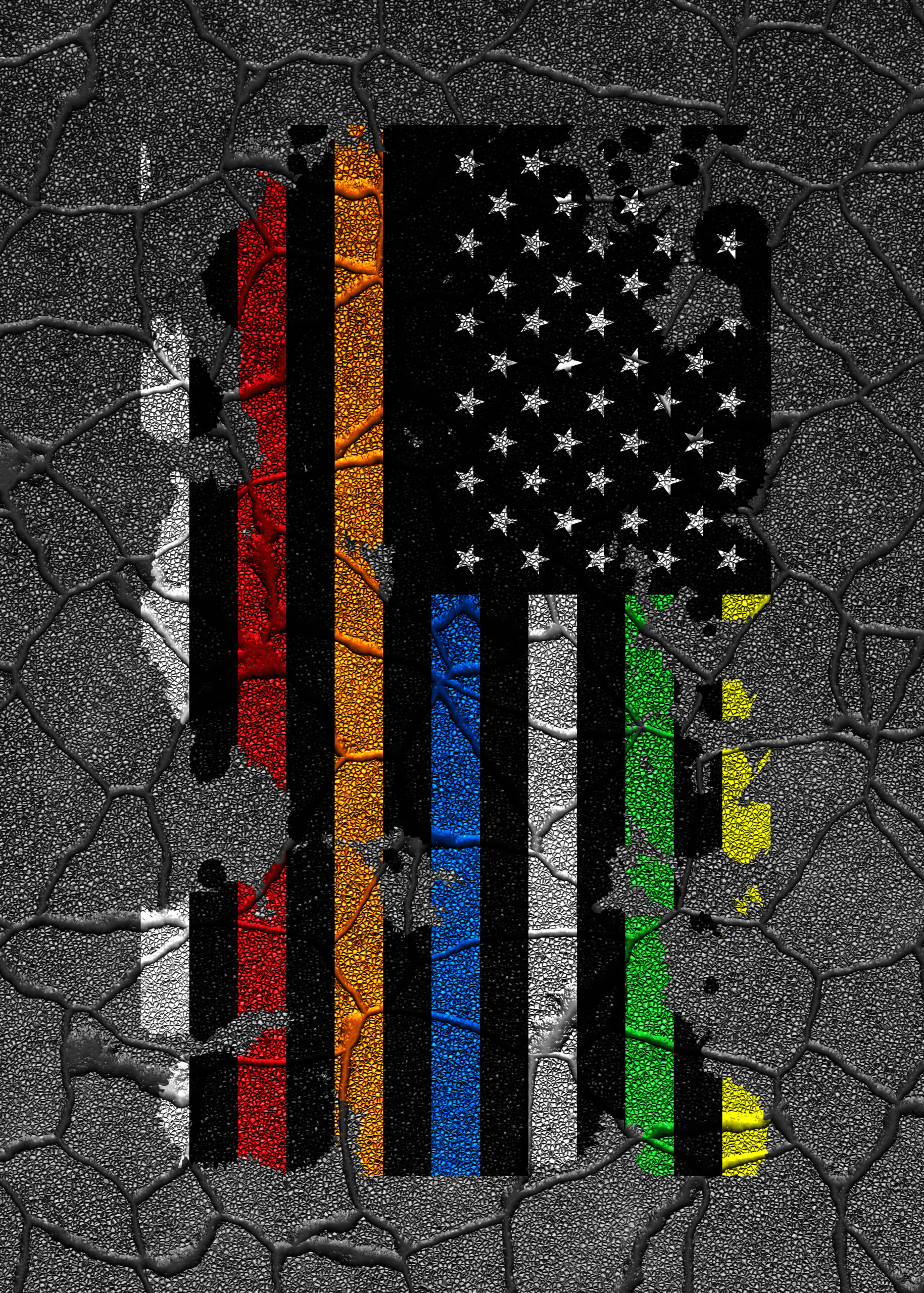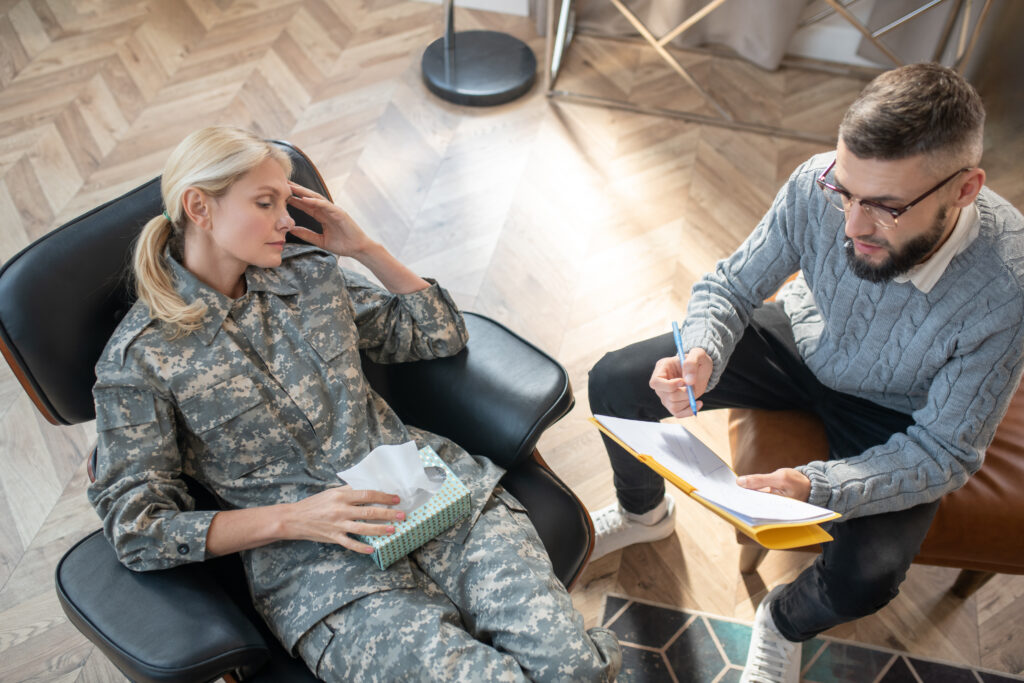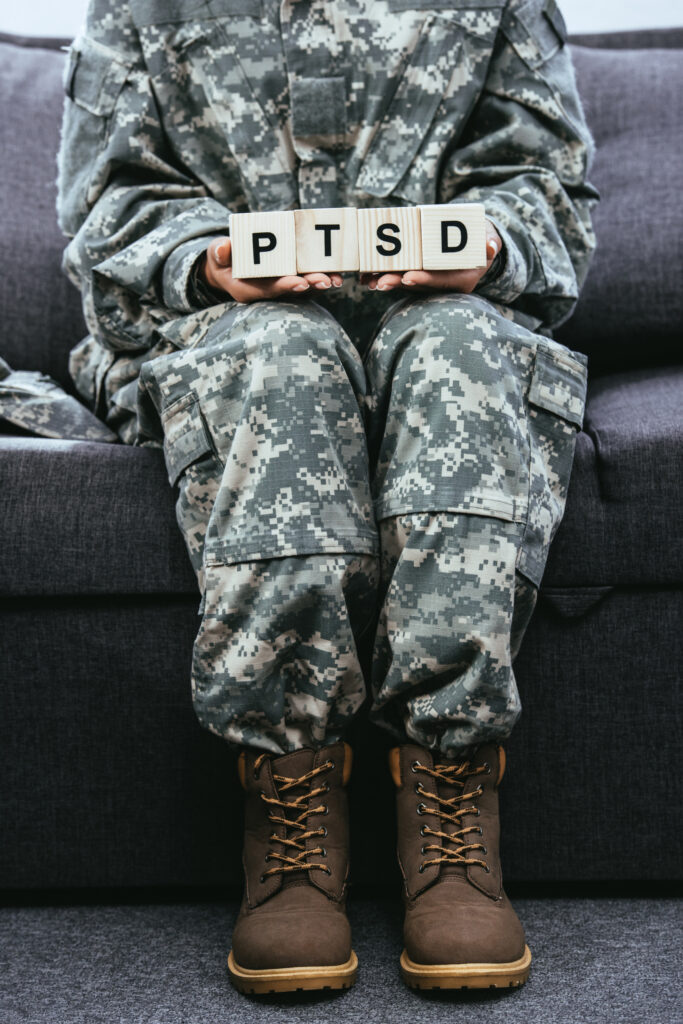Understanding the After Action Treatment Program: A Lifeline for First Responders
3/6/2025 by Markie Bryant

First responders face unique and intense challenges that can take a toll on their mental health. The After Action Treatment Program is designed to provide comprehensive support to these heroes, offering trauma-informed care, culturally proficient approaches, and holistic treatment methods. This article delves into the various components of the program, the importance of addressing PTSD, the role of family, and innovative therapies that aid in the healing process.
Key Takeaways
- The After Action Treatment Program offers trauma-informed and culturally proficient care tailored to first responders.
- Addressing PTSD in first responders involves recognizing symptoms, effective therapies, and strong support networks.
- Family plays a critical role in the healing process by providing emotional support and encouraging treatment.
- Overcoming stigma is essential to encourage first responders to seek the mental health care they need.
- Innovative therapies and practical coping strategies are vital for helping first responders manage trauma and build resilience.
The Core Components of the After Action Treatment Program

Trauma-Informed Care
The After Action program places a strong emphasis on trauma-informed care, ensuring that all treatments are sensitive to the unique experiences of first responders. Understanding the deep impact of trauma is crucial for effective healing, and this approach helps in creating a safe and supportive environment.
Culturally Proficient Approaches
Recognizing the diverse backgrounds of first responders, the program integrates culturally proficient approaches. This means tailoring treatments to respect and acknowledge different cultural perspectives, which can significantly enhance the effectiveness of the therapy.
Holistic Treatment Methods
Holistic treatment methods are a cornerstone of the After Action program. These methods include a variety of evidence-based therapies such as Cognitive Behavioral Therapy (CBT), Dialectical Behavior Therapy (DBT), Sensory Modulation Therapy, and EMDR Therapy. Additionally, the program offers support services like 12-Step Programing and Support, as well as aftercare groups to ensure comprehensive care.
The After Action program is dedicated to providing tailored mental health support, focusing on the unique needs of first responders to enhance their resilience and overall well-being.
Addressing PTSD in First Responders

Recognizing the Signs of PTSD
First responders are frequently exposed to traumatic events, making them particularly susceptible to Post-Traumatic Stress Disorder (PTSD). Recognizing the early signs of PTSD is crucial for timely intervention. Symptoms can include flashbacks, nightmares, severe anxiety, and uncontrollable thoughts about the traumatic events. Early detection can significantly improve the effectiveness of subsequent treatments.
Effective Therapies for PTSD
Various therapies have proven effective in treating PTSD among first responders. Sensory Modulation Therapy, Cognitive Behavioral Therapy (CBT), and Eye Movement Desensitization and Reprocessing (EMDR) are commonly used. These therapies help individuals process traumatic memories and reduce the intensity of PTSD symptoms. Additionally, peer support programs offer a unique form of therapy where first responders can share their experiences and coping strategies with colleagues who understand their challenges.
Building Strong Support Networks
A robust support network is essential for first responders dealing with PTSD. This network can include family, friends, and mental health professionals. Support groups specifically designed for first responders can also be beneficial. These groups provide a safe space for individuals to discuss their experiences and receive emotional support. Building a strong support network can significantly enhance the recovery process and improve overall mental health.
The Role of Family in the Healing Process

Emotional Support from Spouses
The importance of family and community support cannot be overstated. They provide the backbone of emotional and practical assistance that first responders need to maintain their mental health. Spouses play a crucial role in offering emotional support, helping their partners navigate the complexities of trauma and stress. Numerous first responders have relayed that debriefing with fellow responders is both healing and essential.
Recognizing Trauma in Loved Ones
Understanding the ripple effects of trauma on families is vital. Families often experience secondary trauma, which can manifest in various ways. Recognizing these signs early can lead to more effective support and intervention. Social workers can act as liaisons between first responders and their families, offering guidance on how to communicate about traumatic experiences and support each other effectively.
Encouraging Treatment and Therapy
Encouraging first responders to seek treatment and therapy is a collective effort. Changing the culture within first responder organizations is crucial. This means promoting a supportive environment where mental health is prioritized, and seeking help is viewed as a strength, not a weakness. Family members can play a significant role in this by advocating for their loved ones and encouraging them to take the necessary steps for their well-being.
Overcoming Stigma: Encouraging First Responders to Seek Help
First responders often face significant cultural barriers when addressing mental health issues. The nature of their work promotes a culture of toughness and resilience, making it difficult for individuals to admit they need help. This stigma can prevent them from seeking the support they need, exacerbating their mental health challenges.
Breaking Down Barriers to Mental Health Care
Breaking the stigma around mental health in first responders is essential for encouraging them to seek help and support. Confidentiality in mental health support is critical to ensure that first responders feel safe and secure when accessing resources.
Promoting a Culture of Support
Discussing how to foster an environment where mental health is openly discussed and supported among first responders. Highlighting success stories is crucial in breaking the stigma. When first responders share their experiences of overcoming mental health challenges, it encourages others to seek help. These stories can be powerful tools in changing perceptions and promoting a culture of openness and support.
Innovative Therapies for First Responders
The first responder treatment program offers a range of innovative therapies designed to address the unique challenges faced by those on the front lines. These therapies are tailored to enhance resilience and overall well-being, providing crucial support for first responders and their families.
Practical Coping Strategies for Managing Trauma

Self-Care Tips for First Responders
First responders face unique challenges that require effective self-care strategies. Prioritizing self-care can significantly improve mental health and resilience. Here are some practical tips:
- Exercise regularly to reduce stress and improve mood.
- Engage in hobbies and activities that bring joy and relaxation.
- Ensure adequate sleep to help the body and mind recover.
- Practice mindfulness and meditation to stay grounded.
- Maintain a balanced diet to support overall well-being.
Stress Management Techniques
Managing stress is crucial for first responders. Implementing these techniques can help mitigate the impact of trauma:
- Deep breathing exercises to calm the nervous system.
- Progressive muscle relaxation to release physical tension.
- Journaling to process and express emotions.
- Setting boundaries to avoid burnout.
- Seeking professional help when needed.
Building Resilience Through Community
Community support plays a vital role in building resilience. Peer support should be a priority and proactive support after traumatic events should be the standard. Here are some ways to foster a supportive community:
- Participate in peer support programs to share experiences and coping strategies.
- Engage in group therapy sessions facilitated by social workers.
- Attend workshops and training on trauma-informed treatment and culturally proficient care.
- Create a culture of openness and support within the workplace.
Building a strong support network can significantly reduce feelings of isolation and stigma associated with mental health struggles.
The Importance of Mental Health Support for First Responders
Recognizing the importance of mental health support for first responders is not just about acknowledging their vulnerabilities; it’s about honoring their sacrifices and ensuring they have the resources to thrive, not just survive. The path to healing and resilience is complex, requiring a comprehensive approach that includes access to specialized mental health services, supportive workplace cultures, and community awareness and support.
Benefits of Seeking Therapy
Effective mental health programs and therapies are vital in ensuring the well-being of first responders, helping them cope with the unique challenges of their profession. Therapy provides a safe space for them to process traumatic experiences and develop coping strategies. Additionally, seeking therapy can reduce the stigma associated with mental health issues, encouraging more first responders to seek the help they need.
Long-Term Impact on Well-Being
The long-term impact of mental health support on first responders cannot be overstated. Consistent access to mental health resources can lead to improved job performance, reduced absenteeism, and a lower risk of burnout. Moreover, it fosters a healthier work environment where first responders feel valued and supported.
Community Resources and Programs
Community resources and programs play a crucial role in supporting the mental health of first responders. These initiatives often include peer support groups, mental health first aid training, and partnerships with mental health professionals. By leveraging these resources, communities can create a network of support that addresses the unique needs of first responders.
The importance of mental health support cannot be overstated, especially for those who are on the front lines every day. Ensuring confidentiality in mental health services is a critical step in providing effective support for first responders.
First responders face unique challenges that can take a toll on their mental health. At After Action by AM Healthcare, we offer specialized programs like the 2 Week Tune-Up and 30 Day Reset to support your journey to recovery. Visit our website to learn more about how we can help you reclaim your strength and resilience.
Conclusion
The After Action Treatment Program stands as a beacon of hope and resilience for first responders who face the daily rigors and traumas of their critical roles. By offering culturally proficient and trauma-informed care, this program not only addresses the immediate mental health needs of these heroes but also provides long-term strategies for coping and recovery. The comprehensive support system, including innovative therapies and family involvement, ensures that first responders are not alone in their journey towards healing. As we continue to recognize the profound impact of their work, it is imperative that we support and expand such essential programs, ensuring that our first responders receive the care and respect they so rightfully deserve.
Frequently Asked Questions
What is the After Action Treatment Program?
The After Action Treatment Program is a specialized mental health support initiative designed to address the unique needs of first responders. It offers trauma-informed care, culturally proficient approaches, and holistic treatment methods to help first responders cope with and recover from traumatic experiences.
How does the After Action Treatment Program help with PTSD?
The program provides effective therapies for PTSD, such as cognitive-behavioral therapy (CBT) and eye movement desensitization and reprocessing (EMDR). It also focuses on building strong support networks and recognizing the signs of PTSD early on.
What role does family play in the healing process?
Family members, especially spouses, provide crucial emotional support. They help recognize trauma in their loved ones and encourage them to seek treatment and therapy, which is vital for the healing process.
How can first responders overcome the stigma of seeking mental health help?
The After Action Treatment Program promotes a culture of support and breaks down barriers to mental health care. Success stories from the program also help in encouraging first responders to seek the help they need without feeling stigmatized.
What innovative therapies are available for first responders?
The program includes innovative therapies such as resiliency training, sensory modulation therapy, and peer support programs. These therapies are tailored to meet the unique needs of first responders and enhance their overall well-being.
What practical coping strategies are recommended for managing trauma?
Practical coping strategies include self-care tips, stress management techniques, and building resilience through community support. These strategies help first responders manage trauma effectively and maintain their mental health.